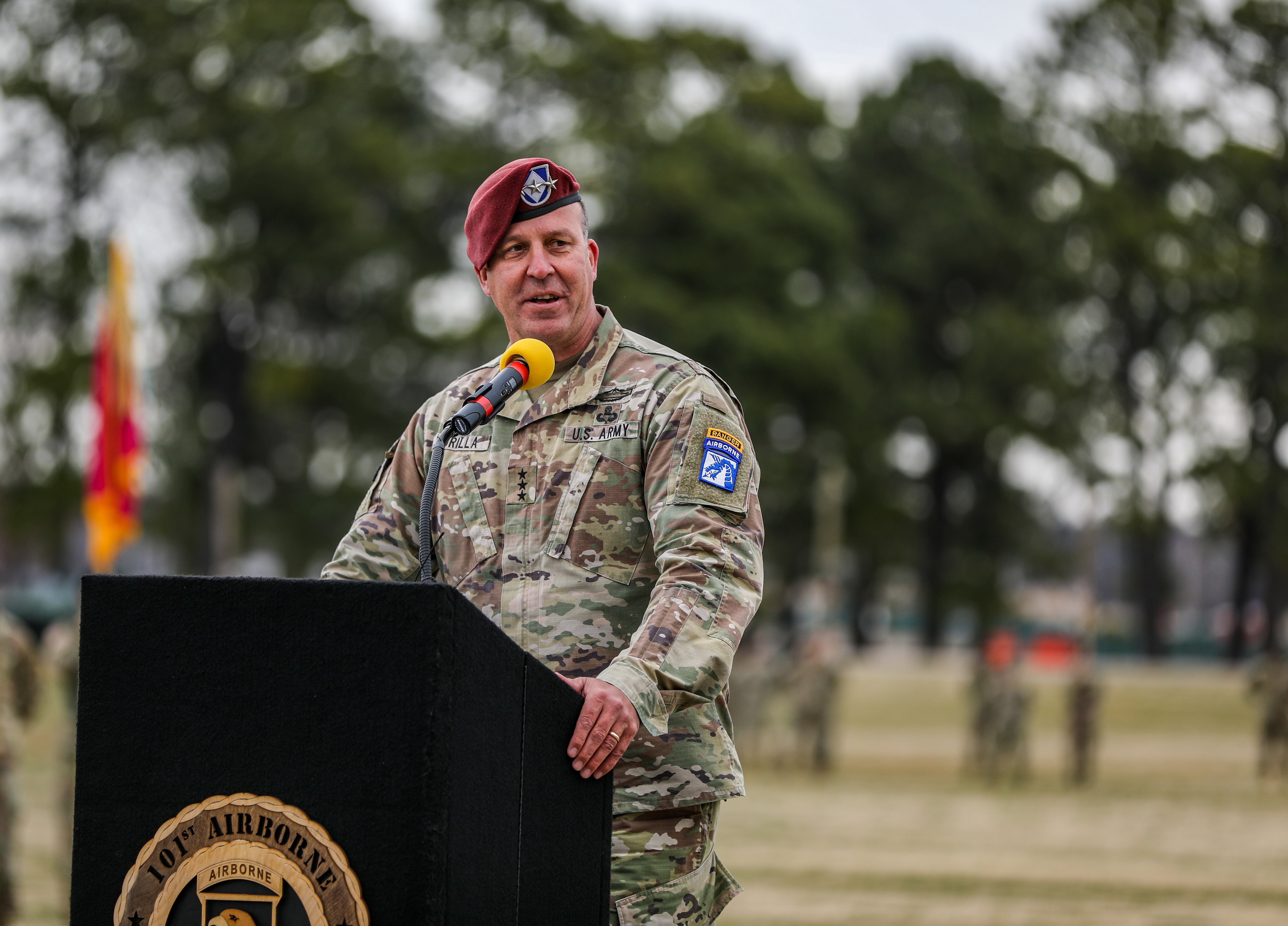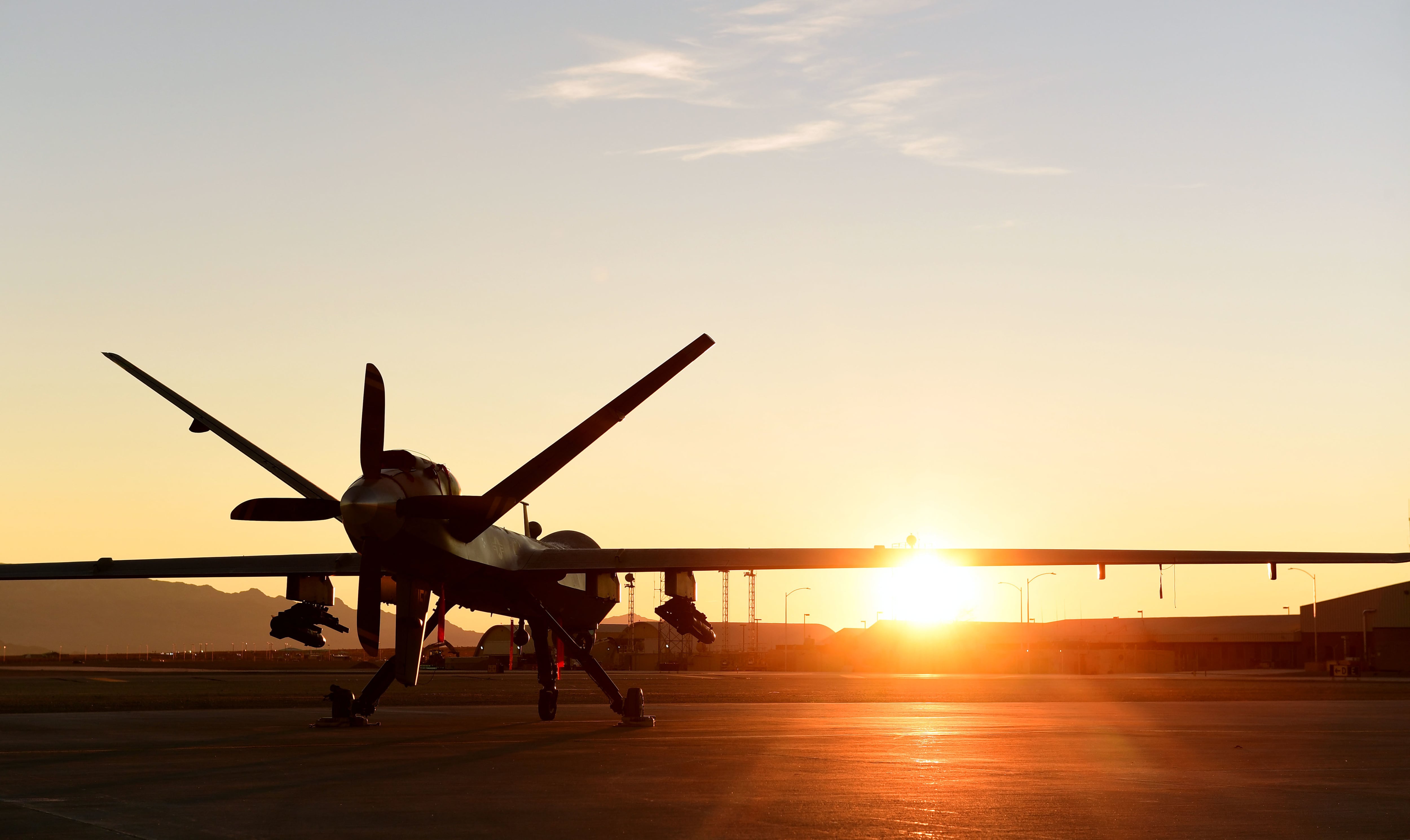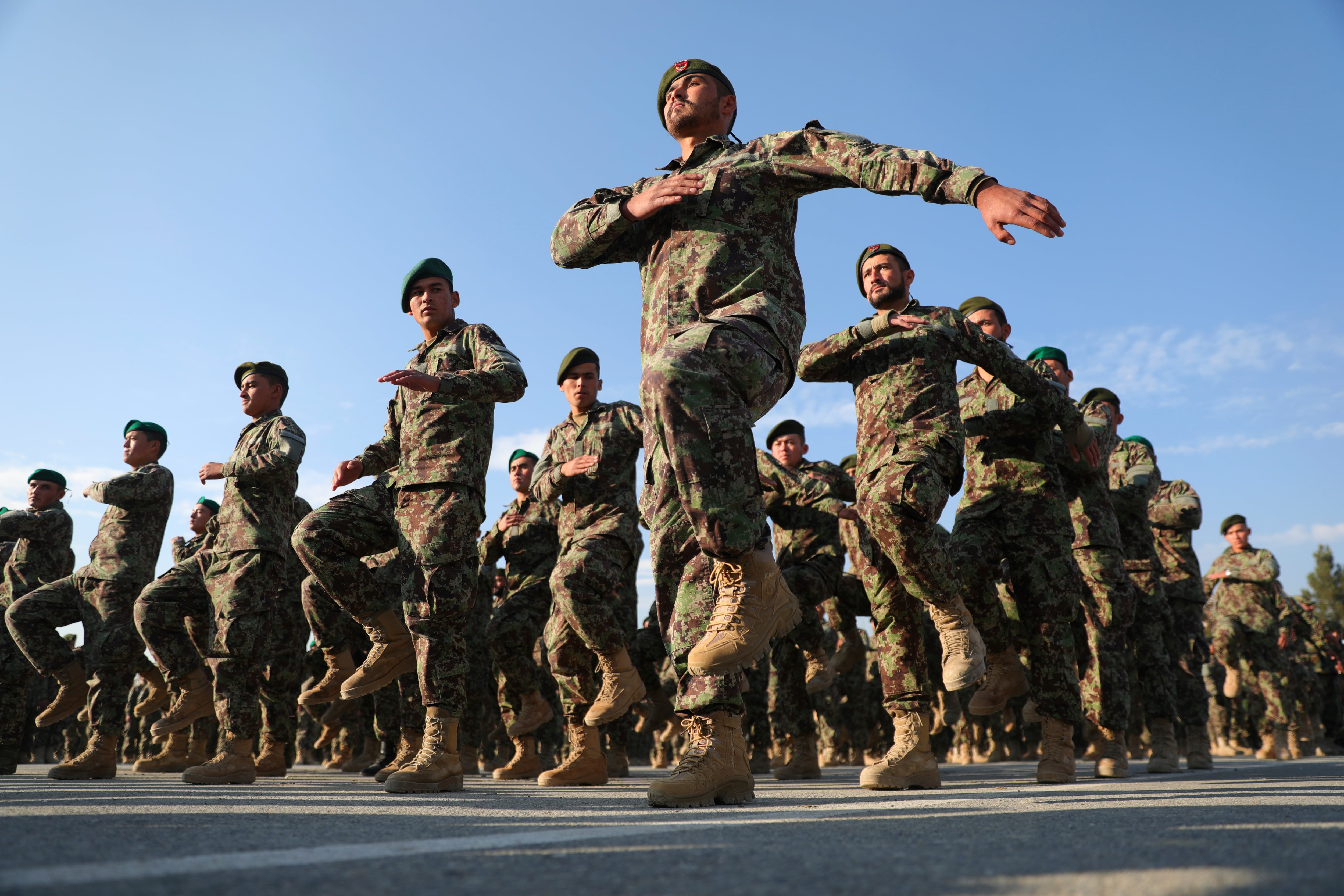Military leaders need to invest more in intelligence capabilities — particularly informants on the ground — if they expect to be able to continue effective counterterrorism operations in Afghanistan, according to the White House’s pick to head U.S. Central Command.
Army Lt. Gen. Michael Kurilla, in testimony to the Senate Armed Services Committee during his confirmation hearing on Tuesday, said that maintaining “over the horizon” monitoring of Afghanistan is “extremely difficult, but not impossible” in the wake of the American military exit there last summer.
“The biggest challenge for Afghanistan is that as a landlocked country, so we rely on other nations to be able to enter Afghanistan,” he said. “The distances required to fly [surveillance] is great. We spend approximately two-thirds of the time just flying there and getting back.
“It is resource intensive, to be able to do the finding and then the fixing and the finishing of those targets that you’re going after.”
RELATED

Since August, when the last U.S. troops left Afghanistan soil, lawmakers have voiced concerns about military assertions they can still adequately monitor — and, if necessary, eliminate — terrorist threats within the Taliban-controlled country.
Kurilla acknowledged the significant distance between Afghanistan and the nearest U.S. military bases presents a significant challenge.
He said a typical MQ-9 Reaper aircraft can remain in the air for about 30 hours. Right now, in order to keep constant vision on targets in Afghanistan, that requires having a drone take off every 10 hours to ensure no gap in coverage. In more complex missions, multiple surveillance aircraft may be needed simultaneously.
Kurilla said officials are still in discussions with countries near Afghanistan to potentially set up aircraft bases, cutting down that travel time. But no agreements have been reached.

The nominee said he’ll also focus on building up other intelligence resources for Central Command once he takes over.
“I think we need to reinvest in our intelligence capabilities and human intelligence capability that was lost during the withdrawal,” he said, acknowledging that accomplishing that “is a challenge.”
Last fall, Defense Department leaders said that terrorist groups within Afghanistan could strike international targets by this spring if left unchecked. Kurilla on Tuesday reiterated that danger.
“Al Qaeda and ISIS-K, they are reconstituting,” he said. “They have aspirations to attack the [American] homeland, but they do not have the capability yet.”
RELATED

Lawmakers offered support for Kurilla but skepticism about the effectiveness of Central Command’s ability to contain the looming threat.
“Terrorist groups increasingly threaten U.S. personnel, partners and the homeland,” said committee ranking member Jim Inhofe, R-Okla. “Afghanistan is now back to pre-Sept. 11 conditions. The Taliban controls the country, and it has already killed more than 100 former Afghan officials, soldiers, and coalition partners, according to the United Nations.”
Kurilla said, if confirmed, he would brief lawmakers on what additional resources may be needed to improve that work.
Committee members signaled they will likely advance his nomination to the full Senate in coming days.
Kulilla currently serves as the commander of XVIII Airborne Corps out of Fort Bragg in North Carolina. He told lawmakers that he was scheduled to travel to Europe following the hearing, to oversee troops recently deployed there to bolster NATO forces in light of ongoing tensions between Russia and Ukraine.
Leo covers Congress, Veterans Affairs and the White House for Military Times. He has covered Washington, D.C. since 2004, focusing on military personnel and veterans policies. His work has earned numerous honors, including a 2009 Polk award, a 2010 National Headliner Award, the IAVA Leadership in Journalism award and the VFW News Media award.





